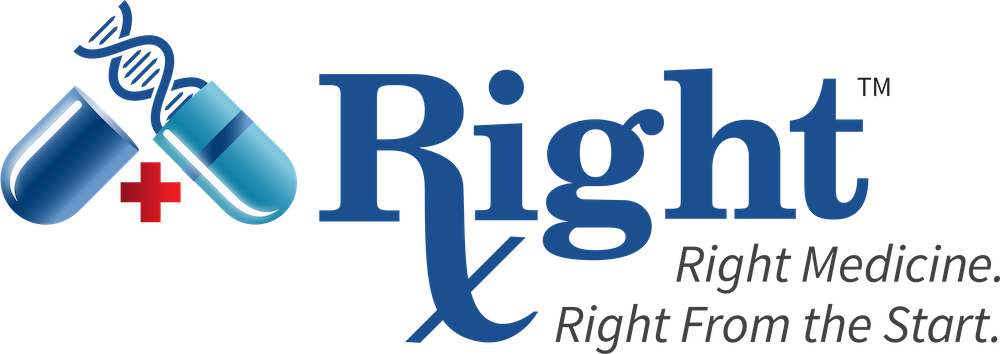March 24th, 2024 is National Adverse Drug Event Awareness Day
This year, Rxight Pharmacogenetics is Highlighting DPYD Testing in the Field of Oncology
There is an old saying about a cure being worse than a disease. For 3%-5% of the population with specific DPYD genetic mutations, nothing could be more true.
Pharmacogenetic testing for DPYD may play a pivotal role in oncology by identifying genetic variations that affect the metabolism of fluoropyrimidine chemotherapy drugs, such as 5-Fluorouracil and Capecitabine. These drugs are widely used in cancer treatment around the world, but individuals with DPYD mutations may be at risk of severe toxicity due to impaired drug metabolism and an inability to rid the body of these drugs once they have done their work.
The National Library of Medicine highlights the Prevalence in the Population:
• DPYD gene alterations are present in approximately 3-5% of the Caucasian population.
• The most common mutation, DPYD*2A, occurs in 1% of the general population.
These statistics indicate the prevalence and impact of DPYD mutations in cancer patients receiving 5-Fluorouracil treatment, emphasizing the importance of screening for DPYD deficiency to prevent severe toxicity. The study suggests broader screening across the DPYD gene to identify mutations associated with adverse reactions to 5-Fluorouracil.[1]
Empowering Oncologists with DPYD Testing
By integrating DPYD testing into oncology practice, healthcare providers can identify patients at increased risk of toxicity from fluoropyrimidine drugs before prescribing them. This information allows for personalized treatment strategies, including dose adjustments or alternative therapies, to minimize the risk of adverse effects while maximizing treatment efficacy.
Rxight Pharmacogenetics: Your Partner in Personalized Care
We are dedicated to supporting healthcare providers in delivering precision medicine to patients. Our Pharmacogenetics Program, including DPYD testing, provides valuable insights that may be used to guide treatment decisions and improve patient safety. Find us at www.Rxight.com or call 775-391-5221.
[1] https://www.ncbi.nlm.nih.gov/pmc/articles/PMC7774667/
